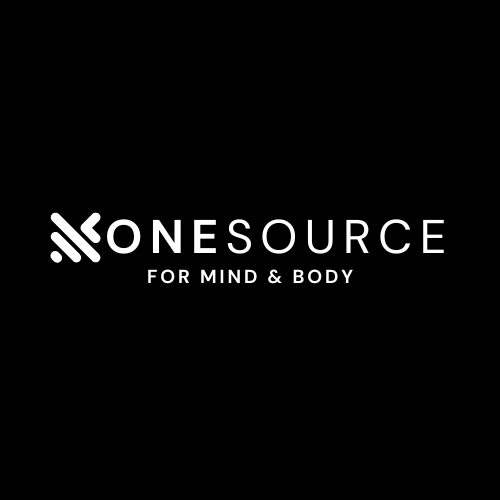A Good Book For A Happy and Long Life
Ikigai, The Japanese Secret to a Long and Happy Life
“Mens sana in corpore sano,” a sound mind in a sound body, the health of one is connected to the other.
Ikigai, is one of the most practical and concise books I’ve ever read on the fundamentals of life. It reminded me a lot of The Lion Trackers Guide to Life (a book I’ve gifted and re-read multiple times) for the simplicity and authenticity of its message. Through research and interviews of residents of Okinawa, home to the longest life expectancy in the world, authors Hector García and Francesc Miralles deliver a comprehensive guide to living your most fulfilling life.
Okinawa is one of the five Blue Zones first identified by Dan Buettner. While each of the Blue Zones differs in location, language, and culture, researchers have identified a few common traits they all share. Regular exercise, locally sourced whole food diets, a purpose (an Ikigai), and being part of a strong community.
People who live the longest also limit avoidable stress (the cause of most health problems according to the American Institute of Stress, read Why Zebras Don’t Have Ulcers to learn how this work), maintain a positive outlook on life, and have a high degree of emotional awareness.
Put simply, “the grand essentials to happiness in this life are something to do, something to love, and something to hope for.” Finding your Ikigai, roughly translated as “the happiness of always being busy,” covers all of it.
And as you might assume, the opposite is also true. Being sedentary, lacking purpose, being distracted by money, power and material goods, and overthinking causes anxiety, stress and subsequently disease.
I found this quote in the book from Shoma Morita, creator of Morita Therapy, a technique that teaches patients to accept their emotions, particularly insightful:
“A donkey that is tied to a post by a rope will keep walking around the post in an attempt to free itself, only to become more immobilized and attached to the post. The same thing applies to people with obsessive thinking who become more trapped in their own suffering when they try to escape from their fears and discomforts”
It’s estimated that we have 60,000 thoughts per day. And most of them are not good. Getting tied around your thoughts is not hard to do.
In Ikigai authors Hector Garcia and Francesc Miralles also talk about the importance of “flow,” a term coined by psychologist Mihaly Csikszentmihalyis, and described as “the pleasure, delight, creativity, and process when we are completely immersed in life.” They go further to say “Concentrating on one thing at a time may be the single most important factor in achieving flow.” It turns out that contrary to popular belief, when we multi-task and “ask our brains to switch back and forth between tasks, we waste time, make more mistakes, and remember less of what we’ve done.”
Ikigai, the book and the phrase, are about living in the now, and enjoying the things that bring us pleasure. By freeing ourselves from distractions, and focusing on the things that we truly find joy in, we too can achieve a long and happy life.
